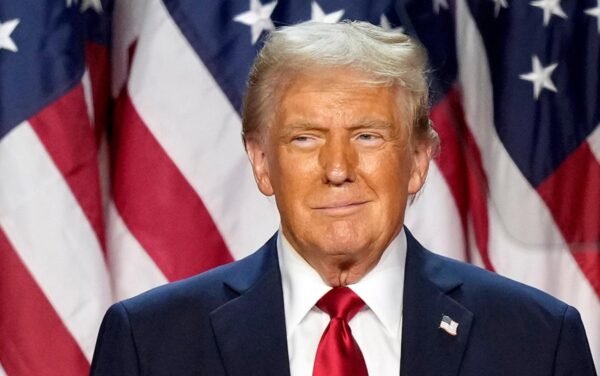US under Donald Trump is turning its back on the world faster than feared?

The characterization that the US under Donald Trump is turning its back on the world faster than feared is nuanced and debated among experts, but several key themes emerge from recent analyses:
Trump’s Foreign Policy: Isolationism or Something Else?
Trump is often labeled an isolationist due to his “America First” rhetoric and skepticism toward traditional alliances and military engagements abroad. However, this label oversimplifies his complex approach to foreign policy.
Rather than pure isolationism, Trump’s policy is better described as protectionist, nationalist, and transactional. He prioritizes what the US gains from international engagements and demands allies pay more for US protection, rather than outright disengaging from global affairs.
Trump’s foreign policy does not avoid global involvement entirely; for example, during his first term, he took aggressive actions against Iran, China, and Syria, which contradicts a strict isolationist stance.
Shifts in Global Engagement and Consequences
Trump’s approach aligns more with a return to spheres of influence, reminiscent of the Monroe Doctrine, where the US asserts dominance in its near abroad and tolerates rival powers like Russia and China exerting influence elsewhere.
His administration has been seen as undermining the liberal international order by showing contempt for international law and multilateral institutions, aligning more with authoritarian leaders and their worldview.
This shift has alarmed allies and experts who fear the US is abandoning its role as a defender of democracies, particularly in Europe and Asia, potentially damaging US power, prestige, and trust among allies.
The perception of US withdrawal or reduced commitment has triggered discussions among allies about increasing their own military capabilities, including nuclear arsenals, which could lead to a faster global arms race.
Trump’s US is not fully turning its back on the world, it is reshaping its global role in ways that many see as damaging to the post-World War II international order. His policies emphasize transactional relationships, reduced US leadership in multilateral institutions, and tolerance of great power spheres of influence, which collectively contribute to a rapid and significant shift in US foreign policy and global standing.

